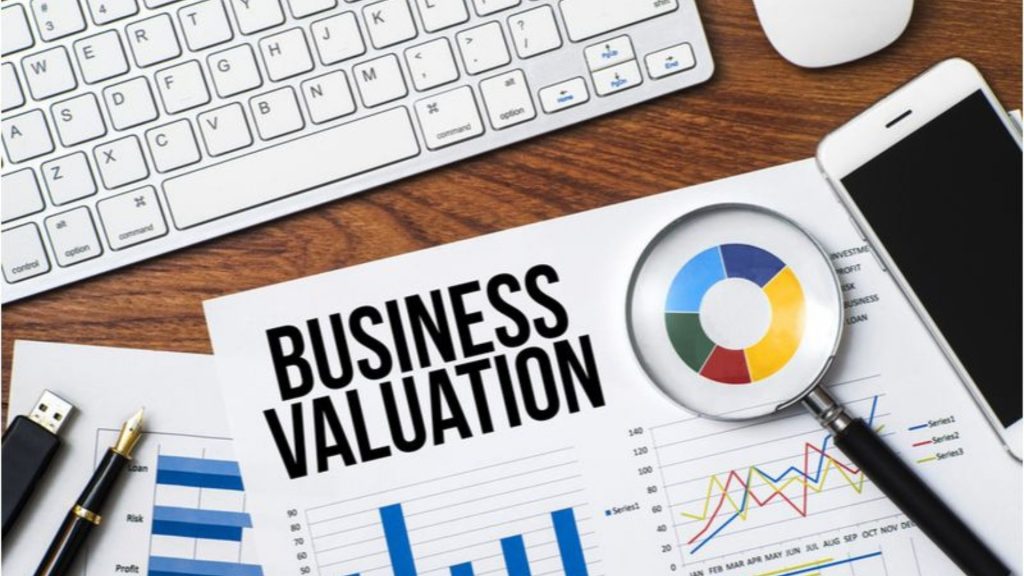A business valuation is the story of a company, its history, brand, products, and markets, translated into cash. Investors, owners, bankers, and creditors, the tax authorities use these valuations and the process can have very different results depending on the objective. Accurately calculating value is both an art and a science.
Business Valuation
Business valuation can be described as the process or result of determining the economic value of a company. Time frames, methods, and expectations may differ for each business, but the goal to generate profits for shareholders is the same. Business valuations are estimates so the objective of the valuation heavily influences the result. Valuation differs from the pricing. Valuation is intrinsic. It is based on the actual performance of the business.
Need for Business Valuation
Valuations are vital to negotiations for the sale, purchase, or merger of a business. Buy-ins and buy-outs for partners and shareholders are measured by the valuations. Employee stock ownership plans are also updated using valuations. Valuations also play an important role in retirement planning and planning estate and gift taxes.
Similarly, divorce proceedings, resolving partnership arguments, and settlements for legal damages may also require valuations. Owners who need to understand drivers of growth and profit can be assisted by a deep analysis of business valuation.
Business Valuation Methods
The condition of the business and the purpose of the valuation greatly impact the method used for business evaluation.
Discounted Cash Flow
This method decides the present value of future profits or earnings. The discount rate informs about the risk of the business when it does not meet the set requirements. A higher discount rate leads to a lower value. Dividends, free cash flow, or other measures in place of earnings use variations of this method. It calculates the value of five recent years of earnings adjusted for growth and future earnings beyond five years (known as terminal value).
Net Asset, or Book Value
The market value of the business assets minus total liabilities on its balance sheet is the net asset value. Net asset value for new companies with limited financial histories is considered by the investors. It measures a business’s tangible assets only.
Liquidation Value
Liquidation value is the net asset value discounted for a distressed sale. Investors mostly consider younger companies for liquidation values.
Market Value
This method compares a company with its peers to arrive at a value by using multiples like the price-to-earnings ratio. It, however, incorporates any errors the market makes in valuing comparable companies and in the overall direction of prices.
What Business Valuation Means to Investors
Valuing a business is a complicated process without any shortcuts. For an average investor, research reports can offer insights into a company’s value. The business valuation process is only an estimate but its primary understanding can assist in investment strategies.
A true value investor analyzes stocks independently of the market and looks for gaps between value and price because the price may catch up with value. Price investors look for market trends in the demand for a stock using technical analysis, then try to get ahead of those trends.
Final Thoughts
A business valuation is the process of determining the economic value of a company, providing owners with an objective estimate of its worth. A business valuation is typically performed when an owner wishes to sell all or a portion of their company or merge with another. Other reasons include the need for debt or equity to expand your business, the need for a more thorough tax analysis, or the intention to add shareholders. In this case, the value of the shares must also be determined.



